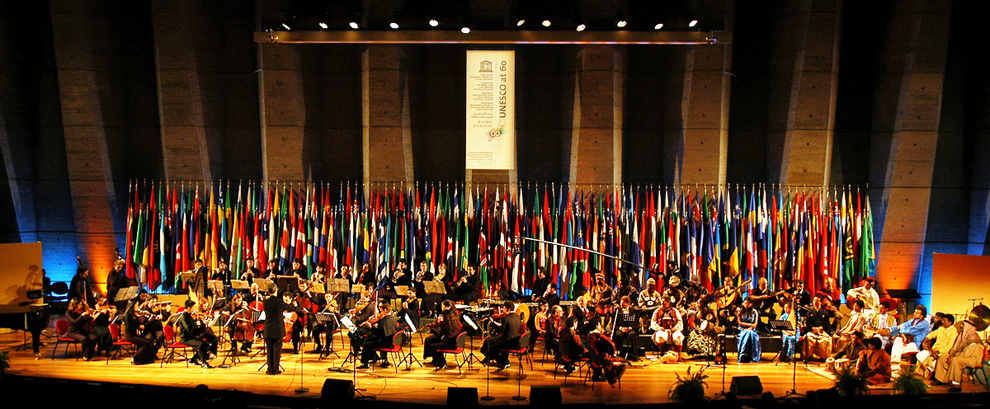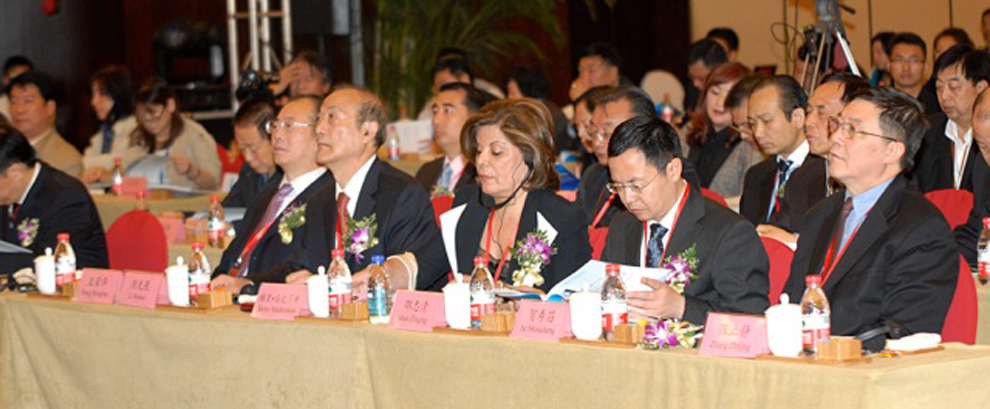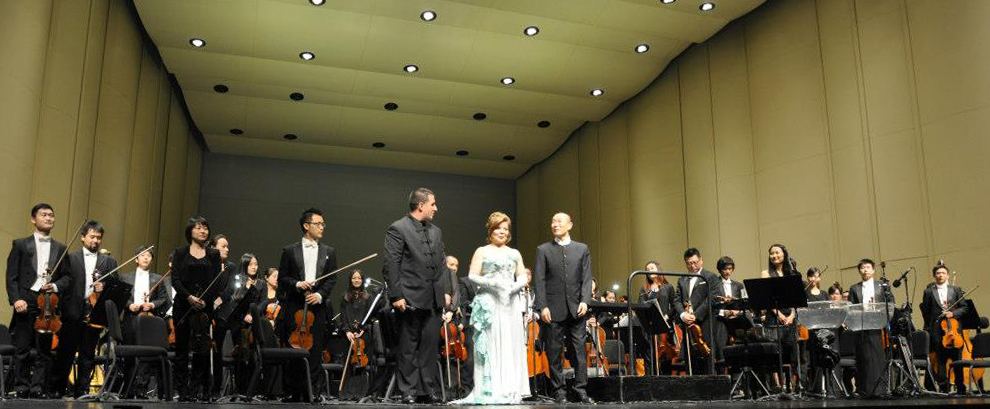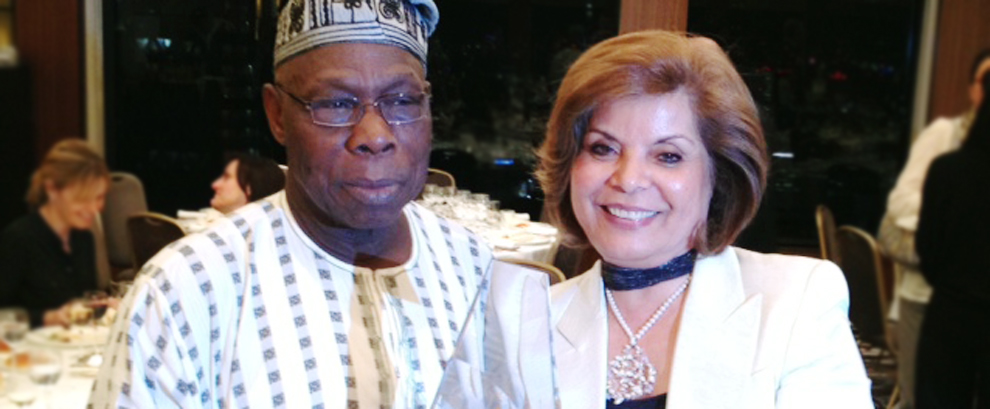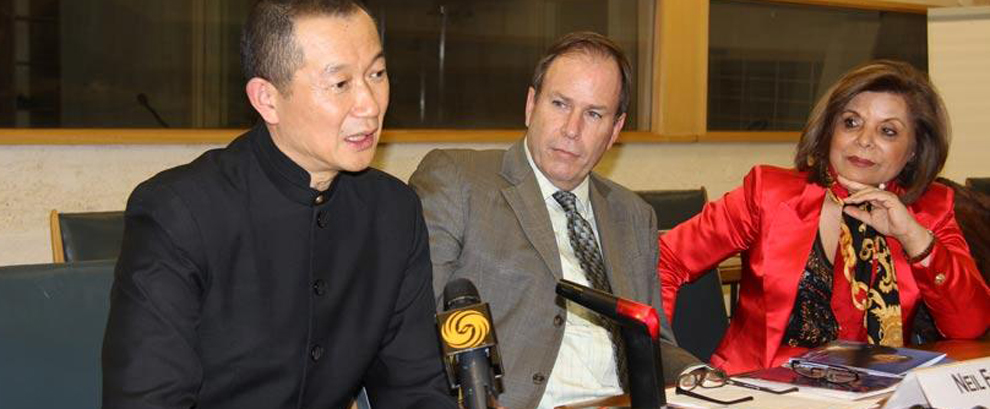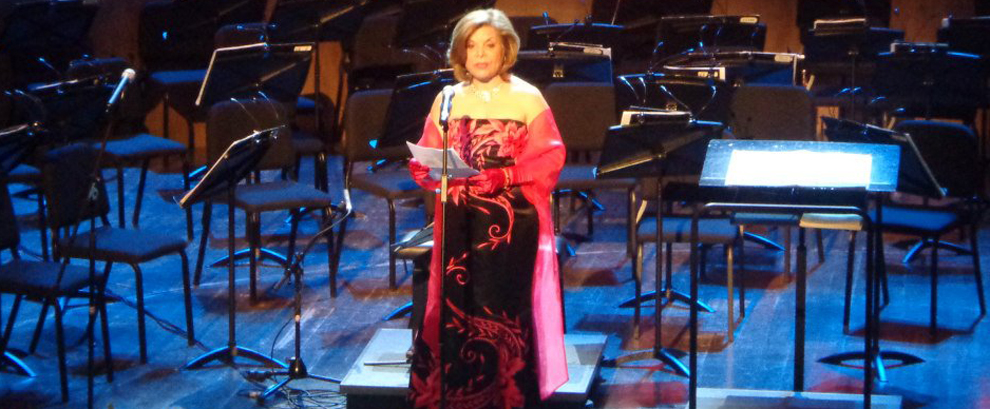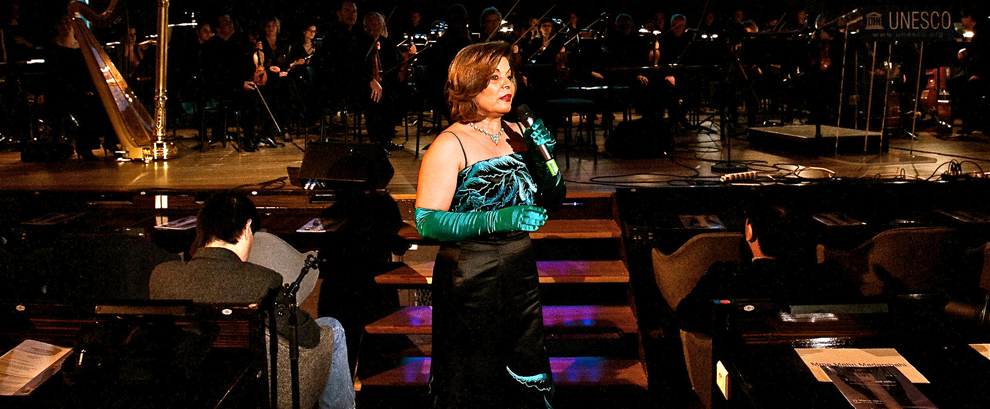By Mehri Madarshahi and Anoush d’Orville
For the first time since World War II, the world turned its back on the process of liberalization; the engine of a huge increase in trade of goods and services during the years of globalization.
All eyes were on Geneva. Almost seven years after its launch in Doha, Qatar, and many other false starts and dashed hopes, the final week of negotiations was ushered in on 21 July 2008 at the headquarters of the World Trade Organization (WTO) in Geneva. Over 100 ministers were in attendance intent on striking a deal and thus concluding the Doha Round, They promised to strive towards bridging their differences on blueprint agreements in agriculture and industrial products and provide for balanced “modalities”. The European Commissioner and EU chief negotiator, Peter Mandelson set out his opening gambit stating that:
“We are bringing to these negotiations a groundbreaking reform of agricultural support; one that would slash our overall subsidy ceiling by almost 100bn euros. In our initial offer we tabled a 36% reduction in our average agricultural tariffs; we are now offering to cut them by a minimum of 54%! There is now full transparency on the volumes of new access that we will extend through TRQs [tariff-rate quotas] for any potential sensitive products. We have front-loaded commitments on farm export subsidies and are ready as part of a deal to eliminate them completely and for good. In short, the potential deal is of huge economic value and is directly tailored to the interests of farm exporters in the developing world. “
This optimistic tone gradually evaporated over the weekend. Shirking direct responsibility, fingers were being pointed in all directions to single out a culprit for the failed talks. Peter Mandelson, described the disappointing outcome as “heartbreaking” and a “collective failure”. He warned that the “consequences would not be equal”, and predicted that countries most in need of help would be hit hardest. He also added that the consequences of the failed negotiations “will fall disproportionately on those who are most vulnerable in the global economy, those who needed the chances and the opportunities most from a successful trade round.” China considered the collapse “as a serious setback for the world economy and blamed the selfish and short-sighted behavior of wealthy nations for the failure of the trade talks”. Others blamed it on the United States and France who were considered unwilling to scrap the huge subsidies they pay to their farmers and could not reach any agreement with China and India on import rules.
This was all despite the optimism that in the current period of global economic uncertainty and crisis there could be more impetus to free up global trade. Yet, unfortunately, protectionist mindsets seemed to have prevailed over better judgment.
The rich industrialized nations insisted on large agricultural subsidies partly to keep the politically powerful farm lobbies in their countries placated. OECD countries currently pay about US$330 billion in subsidies, far more than their global development assistance by a factor of three and larger than the GNP of many of the poorest countries. American farmers receive on average US$18,000 each year in production support while each Japanese farmer collects approximately US$30,000 per year.
The Director–General of WTO, Pascal Lamy, told a press conference last week that out of a “to-do list” of 20 topics, 18 had seen positions converge but that the gaps could not narrow on the 19th — the special safeguard mechanism for developing countries established after the successful 1994 Uruguay Round allowing them to impose special safeguard duties meant to temporarily defend against import surges and price fluctuations. Mr. Lamy said that “after more than 36 hours trying to find bridges between (the) two positions, today it became clear that the differences were irreconcilable. The remaining issues, including cotton, were not even negotiated.”
The “19th topic” or the “gap” as Mr. Lamy labeled the main stumbling block related to farm import rules. This rule would have allowed countries to protect poor farmers by imposing a tariff on certain goods in the event of a drop in prices or a surge in imports. In the Round of Negotiations, India, China and the US could not agree on the tariff threshold for such an event. The US considered the “safeguard clause” for protecting developing nations from unrestricted import as too low.
The talks in Geneva were also complicated by recent increases in the price of food and fuel which had prompted protests in both developed and developing nations, making it harder for negotiators to reach a compromise on opening up their markets to greater competition. According to the Food and Agriculture Organization (FAO), global food stocks this year hit a 25 years low. These low levels have pushed up prices and dozens of countries are being rocked by food riots. In March 2008 alone, riots were reported in Burkina Faso, Cameroon, Cote d’Ivoire, Egypt, Ethiopia, Haiti, Indonesia, Madagascar, Morocco, the Philippines, and Senegal. In Pakistan and Thailand, army troops were deployed to prevent people from seizing food from fields and warehouses. In Haiti, unrest forced the resignation of the Prime Minister.
Robert Zoellick, the President of the World Bank, recently pointed out that the current food crisis has pushed 100 million people back into poverty. In the last nine months, prices of staple commodities have surged dramatically, with the prices of rice and corn rising 64% and 130% respectively. In the face of the acute global food price crisis, it may be ironic that the debate at the WTO came down to how much and how fast nations could raise their barriers towards imports of food.
Two conclusions may be drawn from the Geneva failure: a) it was the first time a new balance of power shaping the global economy was displayed, pitting the emerging powerhouses of India, China and Brazil against the United States and the European Union; b) despite higher food prices, the nations of the world would rather continue to rely on trade distorting self-interest and protectionism than reform global trade rules to ameliorate the current situation and strengthen the time-tested rules-based trading regime that had become a hallmark of multilateralism.
Why Doha?
Convened in November 2001 by the World Trade Organization, the Doha Round of Negotiations sought to lift millions out of poverty by easing trade restrictions, reducing large farm subsidies, and liberalizing trade in services. Many countries were committed to multilateral trading pacts, heeding the lessons that between the two world wars bilateral bargains and resort to unilateral action had contributed to the breakdown of the world economy and led to the outbreak of a global war. Multilateralism therefore became the norm in post-war agreements pertaining to the economy, trade and development. Among others, it saw the creation of the Bretton Woods institutions (World Bank and IMF), the General Agreement on Tariffs and Trade (GATT), the predecessor of WTO, and the United Nations. Many other, smaller multilateral entities were also established, including more recently, conventions and treaties on the ozone layer or global warming. The failure of the Doha Round is thus the first major multilateral setback in the economic sphere in more than 60 years. To be sure, in the political field, the UN also experienced various constraints and failures tarnishing the success of multilateral diplomacy, but these have also been balanced by notable success stories, such as peacekeeping operations.
Whither multilateralism?
Multilateral agreements often depend on and thrive if underpinned by great-power agreements. For example, the conclusion of the WTO Uruguay Round in December 1993 depended on prior EU-US agreements. But the powerful can equally destroy as easily as they can give rise to multilateral agreements. In 2001, President George W. Bush’s administration called many aspects and main planks of multilateral cooperation into serious doubt, including nuclear arms control treaties and environmental protocols to which the US was a signatory.
Challenges to multilateral agreements, particularly with respect to trade, have been widespread in the past decades. The Doha Round provided a rare opportunity for the developing world to reverse the undesirable results of the Uruguay Rounds as the poorest nations tried to extract specific benefits from the global trading system. Was this one of many reasons why the developed world became less inclined to make concessions at the negotiation table? This translated into an increasing attraction of bilateral trading deals which by their very nature are exclusive, e.g. NAFTA for the US, Mexico and Canada.
In a zero-sum environment, it is the poorest nations who have to bear the brunt of fracas or echoes. They are the ones suffering the most. Food prices, already at record levels, are poised to continue their voracious advance. They undermine sorely needed investment into the agricultural sector of developing countries. It is estimated that in Africa alone, US$1.7 billion will be needed during 2008-9 to help revive the continent’s agriculture industry. At a time when demand is high and supply is low, a comprehensive multilateral agreement could have made a significant impact on the high prices of commodities by putting small and medium farmers back to work, increase the supply of food at lower prices, and allow the large food producers such as Brazil to export to new markets.
In reviving any major trade agreement, the role of the US as the world’s largest economy is paramount. Hence, it should be incumbent upon the next President to take initiatives towards fostering and strengthening multilateralism rather than one that perpetuates individualism.
High on the agenda should be the re-launch of a comprehensive deal where developed nations commit to reduce trade-distorting subsidies and support the economic and social development of the world’s poorest countries. Without active US support and willingness to conduct and conclude productive negotiations together with the major emerging economies, the very future of multilateral cooperation, including that of the WTO, may be uncertain and shaky.
The present shifts in the global political and economic landscapes are unprecedented in history. The emerging economies have become some of the biggest beneficiaries of globalization and today inward-looking policies threaten this prospect for others. A deal at Doha would have injected much needed optimism into the global marketplace knowing that despite the global economic slowdown, countries are still committed to cooperation, poverty reduction, trade, sustainable development and stability. By allowing negotiations to falter and succumbing to short-term interests of a few, the foundations may be laid for long-term inequality and injustice. There is no alternative: the problems that face the world today can and will only be solved through a concerted return to international cooperation and multilateralism.


